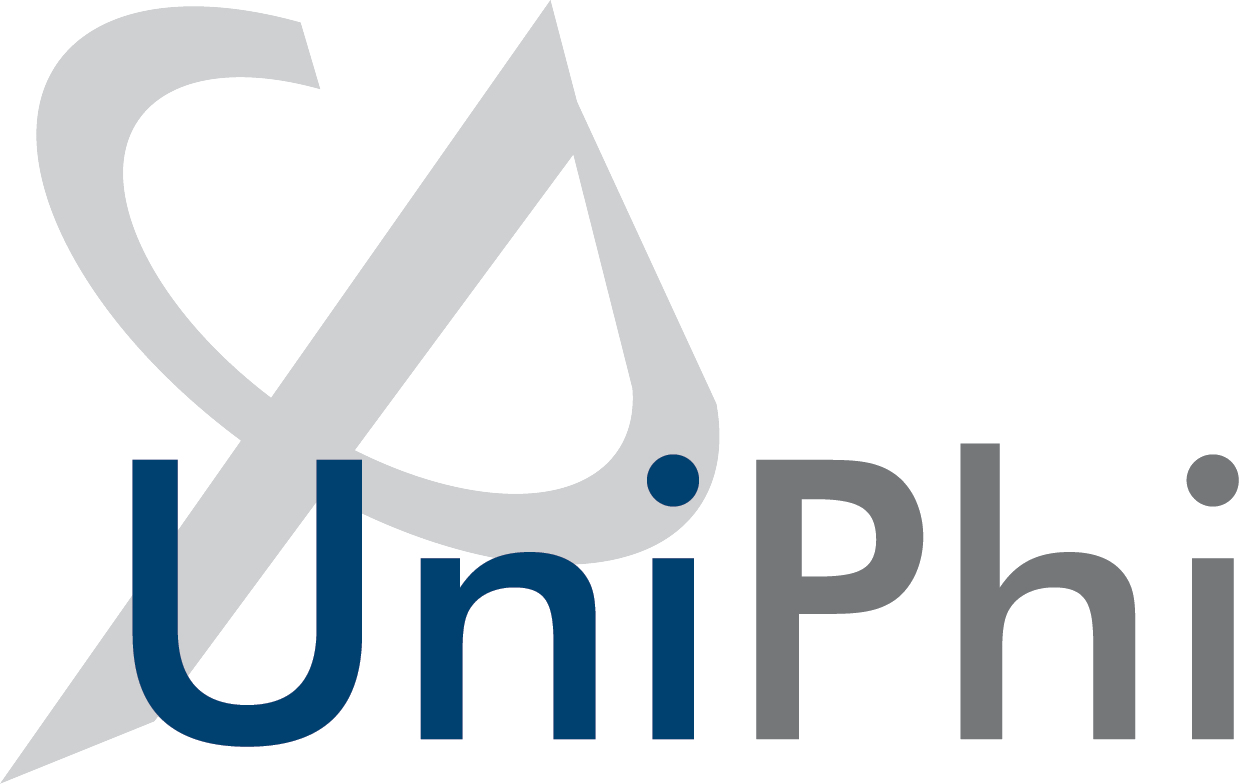DCE Case Study
“We knew we were delivering projects successfully and profitably but we no longer had a picture of which projects were performing well and which were a drag and a potential risk to the business. Where once the Directors of the business knew every project and client, we found that over time our success in growing the business meant we no longer had that knowledge to the extent we wanted it. With UniPhi we now have this information again. We can answer questions like what type of projects are worth doing and what clients should be the focus of the consultancy?”
Shane Dalton
Background
Dalton Consulting Engineers (DCE) is a civil engineering consultancy based in Victoria and Queensland specialising in sporting facilities, infrastructure and urban development projects. The privately owned and passionately managed practice was founded 24 years ago and now employs over 70 staff in three offices across Australia.
They implement a collaborative approach to all projects and offer a range of services from early feasibility studies through to construction, complete with total project management. As part of their project management services, they offer construction management, contract and post-contract administration.
The Challenge
DCE has grown quickly over the last few years and found that the business had outgrown its current systems. One of the key factors of their success was good engineering practice management but this success was taking away from their ability to do this.
The key challenges identified were:
Full visibility of all current projects
With the rapid expansion of the business, directors found that their systems no longer gave them the visibility they needed to know how projects were performing. This meant that they were losing sight of which projects were running successfully and profitability and which were a potential risk for the business. Mentoring less experienced team members in contract administration
Practice management challenges
DCE also faced the issue of not billing as quickly as they had intended on projects they had won and needed to identify the cause of this issue.
The Solution
DCE implemented UniPhi to solve these challenges, as UniPhi provided them with one platform to view all aspects of their projects from timesheets and invoicing to risks and project overviews.
Solving Challenge #1: Visibility and Knowledge of all Current Projects
UniPhi’s project portfolio dashboards and reports provide an overview of the overall health of all projects in DCE’s portfolio whilst also allowing users to view each individual project in more detail. This allows the directors to once again access information on the health of every project, view their potential risks and know which are performing well and, importantly, which ones are not. UniPhi allows DCE to collect all this information in one system and view it easily, to once again have the in-depth knowledge they used to of their individual clients and projects.
Solving Challenge #2: Practice Management Challenges
UniPhi allowed DCE to identify an unexpected lag in billing when they went through a period of successfully winning new work, but did not invoice for it as quickly as they had expected. Analysis of timesheet data from UniPhi identified that too many staff were tied up with activities closing out competed projects rather than focussing on the new work. Shane explained:
“Recently we were winning a lot of work but found that we were not billing for it as quickly as we had hoped. Without UniPhi it would have been difficult to know why this was happening, but from the timesheet and invoicing data in UniPhi we identified projects that were closed out or close to completion but were eating up much more of our time than anticipated. UniPhi allowed us to course correct quickly and refocus our staff on the right projects and tasks.”
Shane Dalton










